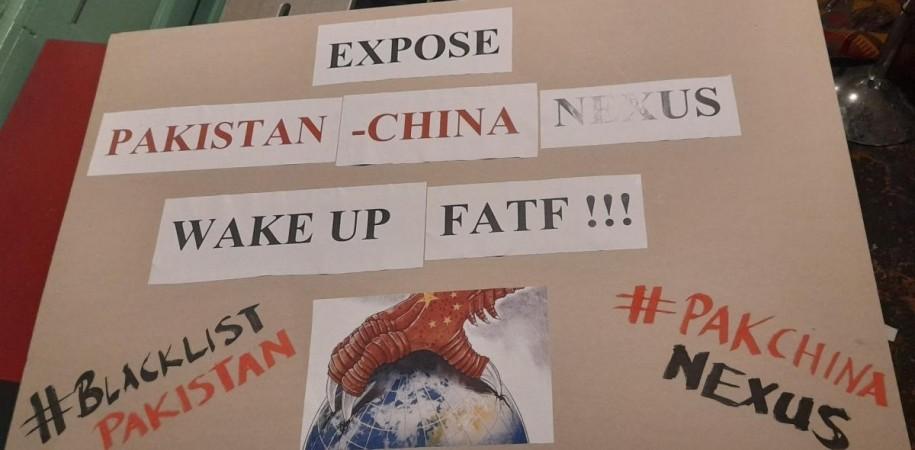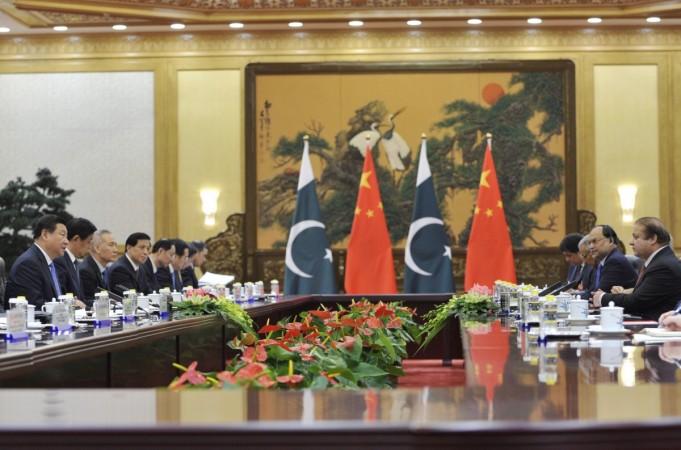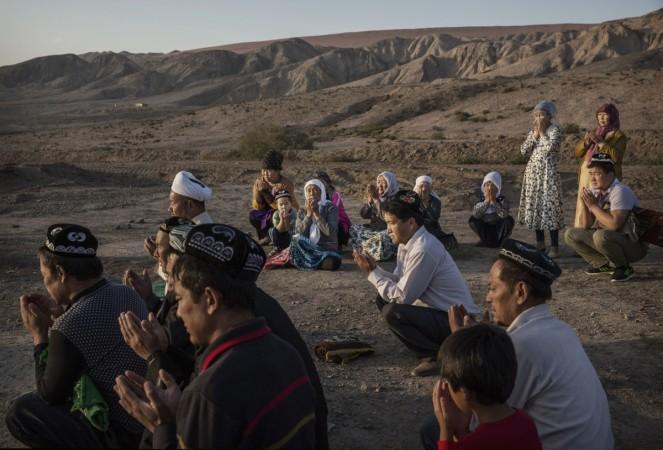Looking up to its big brothers, including China, Turkey as well as Malaysia, and resorting to some regular tactic of getting involved in some high-profile actions in order to create an impression of delivering on its counter-terror financing commitments has been a usual discourse for Pakistan ahead of every run-up to the plenary meetings of the Financial Action Task Force (FATF).
But this time, the everyday game looks a bit different; especially as the Balochs, Pashtuns, Uyghurs, Tibetans, Hong Kongers and several others exiled dissidents in France have planned to hold a protest today, February 20. This is to expose the unholy Pakistan-China nexus which supports each other both in funding terrorism as well as burring the secret of human rights violations against minority communities.
This is the very first time when those wronged by Pakistan and China have come together in France to raise their concerns against their assailants and expose the indirect links of sponsorship of terrorism in the region.

Reason behind the unconditional support
Have you ever wondered why China is investing billions of dollars in Pakistan? The reason would obviously not be helping the latter to re-develop its economy, especially at a time when the Chinese Communist Party is itself discarding the Muslim minority community residing in the northwest province of Xinjiang.
The aim is to protect the vast network of roads, pipelines, power plants, industrial parks, and a port along the Arabian sea – the China-Pakistan Economic Corridor, also known as CPEC, which is a part of Beijing's trillion-dollar Belt and Road Initiative (BRI) that further aims to create land and maritime trade routes integrating 70 countries in Asia, Africa, and Europe, especially the politically turbulent ones like Pakistan, Afghanistan, and Iraq.
It is to be noted that China's own projects and investments like CPEC in Pakistan lack transparency and the CCP, strangely, has also been successful enough to befool the Imran Khan-government that the corridor will be a new economic hub of Pakistan and will be the highest GDP contributor to the country's economy.
Meanwhile, Pakistan, taking utmost privilege of the situation and Beijing's ongoing rip off with the India government has been able to hide its inactions against designated terrorists, such as Jaish-e-Muhammad chief Masood Azhar, Lashkar-e-Taiba's Hafiz Saeed and his top aide Zaki ur Rehman Lakhvi.
It seems difficult this time

The Paris-based terror financing watchdog had first included Pakistan in its grey list in 2012 and made it remain till 2015. On 29 June 2018, the FATF grey-listed Pakistan for the second time and once again asked Islamabad to implement a plan of action to curb money laundering and terror financing by the end of 2019. But the deadline was later extended following the onset of the coronavirus pandemic.
As a matter of fact, China had held the FATF Presidency from 2019-2020 and Malaysia was appointed co-chair of the Asia-Pacific Group (APG), a regional affiliate of the multilateral watchdog, in July, last year, which further made it easy for Pakistan to sail through the tide without fully delivering on 13 out of the 27 points in the action plan.
According to Hindustan Times report, when Yao Jing, China's outgoing ambassador to Pakistan, made a farewell call on the de facto finance minister Abdul Hafeez Shaikh in Islamabad on September 17, a day after the APG meeting. He was quoted in an official statement as saying "his confidence that FATF's October review will go well for Pakistan".
But this time, the scenario is much different. As things stand, Islamabad is currently finding it difficult to shield terror perpetrators and implement the FATF action plan at the same time.
FATF members are scheduled to meet from February 22 to 25 to decide on Pakistan's future in the global arena.
World's worst human rights abusers

Following the protest, Baloch, Pashtun, Uyghur, Tibet, and Hong Kong community organisers are reportedly expected to hold a private conference at the DISSIDENT club in Paris to decide on a joint future plan of action against the two states.
Reports have further stated that their key demand will have FATF motivated in blacklisting Pakistan.
Human rights violations in both Pakistan and China are not new to international platforms. Such allegations comprise discrimination and violence against members of Muslim minorities, religious minorities and minority ethnic communities continued, especially against Ahmadiyya Muslims and Christians, but also Hindus and Shia Muslims, including Hazaras that have been continuing since decades.
At the same time, disputes like this are not unusual in China. Human rights groups have time and again raised concerns against the discrimination and restrictions on freedom faced by Tibetans, Uighurs and Mongolians who reside in China.

















